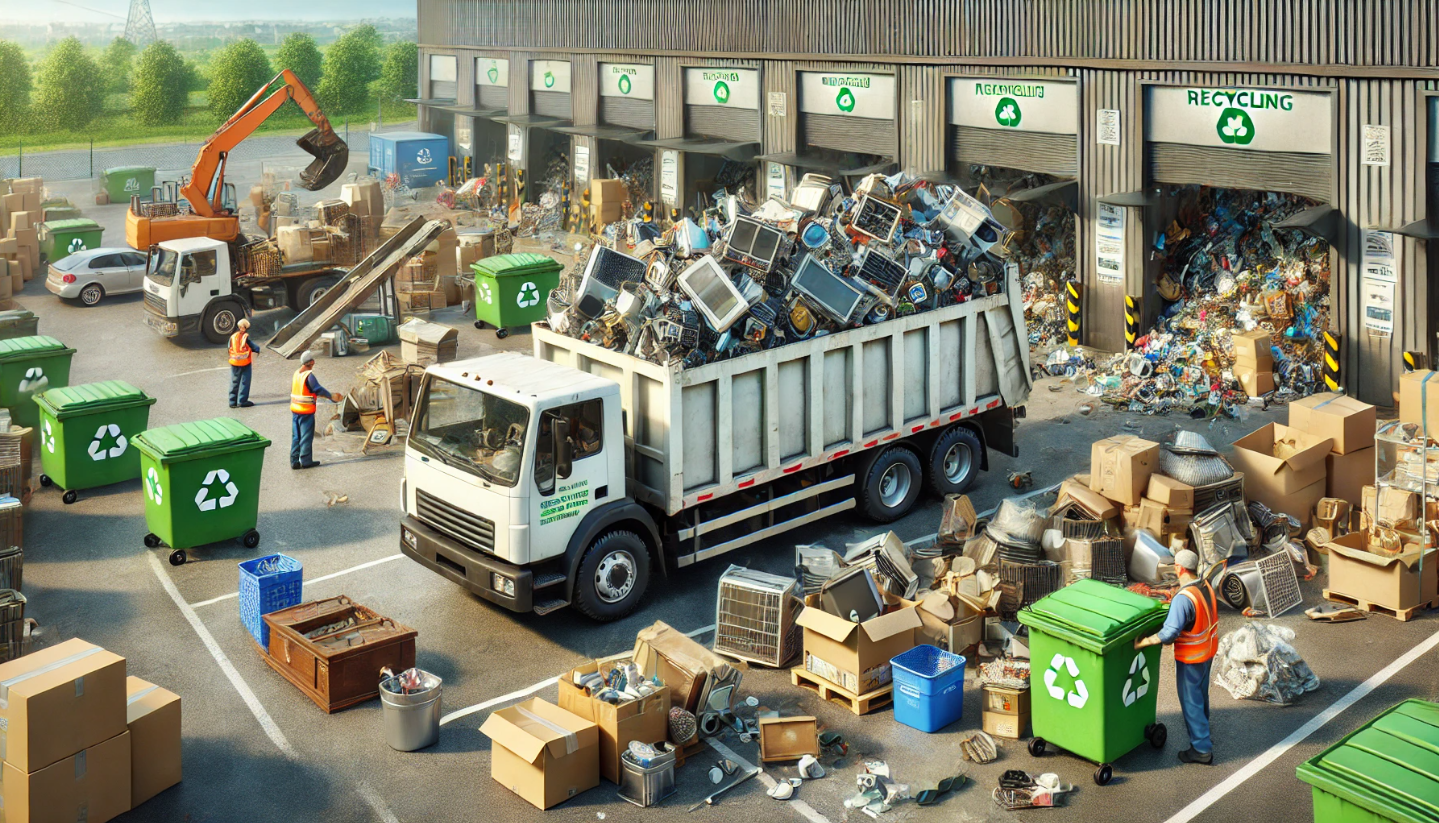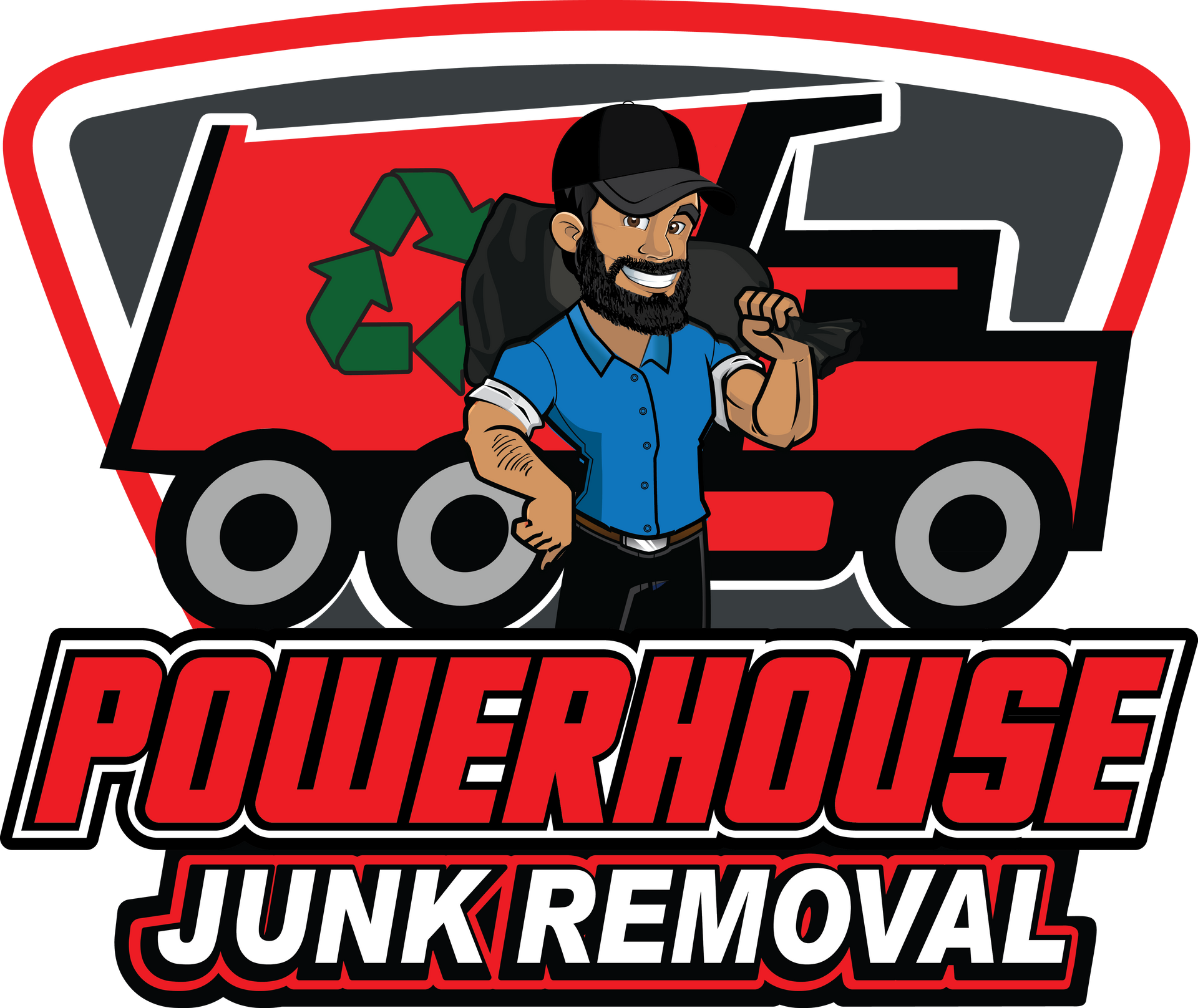
Recycling Unwanted Items – A Responsible Approach to Junk Disposal
Every year, millions of items end up in landfills, contributing to environmental pollution. However, many of these discarded items can be recycled, repurposed, or donated instead of being dumped. Whether you’re cleaning out your home, office, or rental property, recycling unwanted items is an easy way to minimize waste and help the planet.
In this guide, we’ll explore how to recycle different types of junk, why it matters, and how professional junk removal services can assist with eco-friendly disposal.
Why Recycling Unwanted Items Matters
Recycling isn’t just about reducing landfill waste—it’s about conserving resources, cutting down on pollution, and promoting sustainability. Here’s why responsible recycling is important:
- Reduces Landfill Overflow – Landfills are filling up fast, and recycling diverts waste from these crowded spaces.
- Conserves Natural Resources – Recycling materials like metal, glass, and plastic reduces the need for new raw materials.
- Decreases Pollution – Proper disposal of hazardous materials like electronics and batteries prevents environmental contamination.
- Supports the Circular Economy – Items that are reused, repurposed, or recycled help create a more sustainable production cycle.
Steps for Responsible Recycling at Home
- Sort and Organize Junk
- Separate recyclables, donations, and non-recyclable trash to streamline the process.
- Find Local Recycling Centers
- Research municipal programs and drop-off sites that accept specific materials.
- Donate Items in Good Condition
- Consider giving away furniture, clothes, and electronics to charity.
- Use a Junk Removal Service
- If sorting and hauling are overwhelming, hire professionals who prioritize recycling.
- Reduce & Reuse First
- Before disposing of items, consider repurposing them into DIY projects.
Common Recyclable Items and Their Disposal Methods
| Category | Examples | Best Disposal Method |
|---|---|---|
| Electronics (E-Waste) | TVs, computers, smartphones | Certified e-waste recycling centers |
| Furniture | Tables, chairs, sofas | Donation centers, upcycling |
| Clothing & Textiles | Clothes, shoes, linens | Thrift stores, textile recycling programs |
| Appliances | Refrigerators, washers, microwaves | Scrap metal yards, second-hand stores |
| Plastics | Bottles, containers, packaging | Local curbside recycling or drop-off centers |
| Yard Waste | Leaves, grass clippings, branches | Composting, municipal green waste collection |
How to Recycle Different Types of Junk
.
1. Electronics (E-Waste) Recycling
- Old electronics contain hazardous materials like lead and mercury, which must be disposed of properly.
- Many retailers and cities offer e-waste recycling programs for items like old laptops, printers, and cell phones.
- Some brands offer buyback or trade-in programs, allowing you to recycle and earn store credit.
2. Furniture & Household Items
- Gently used furniture can be donated to shelters or resale stores.
- Broken wood furniture can often be recycled at wood processing facilities.
- Some junk removal companies partner with donation centers to repurpose items instead of landfilling them.
3. Clothing & Textile Recycling
- Instead of throwing out old clothes, donate them to thrift shops or textile recycling programs.
- Many retailers have clothing recycling programs where you can drop off unwanted items for repurposing.
4. Appliances & Scrap Metal
- Metal-based appliances can be taken to scrap yards, where the materials are melted down and reused.
- Working appliances can be donated to low-income housing programs or second-hand stores.
- Check with utility companies, as some offer rebates for recycling old refrigerators and air conditioners.
5. Plastic, Glass, and Paper Recycling
- Sort plastics by type to ensure proper recycling—some plastics (like Styrofoam) aren’t accepted in curbside programs.
- Glass bottles and aluminum cans can be dropped off at local recycling centers for cash refunds in some states.
- Shredded paper and newspapers can be repurposed for composting or taken to paper recycling plants.
6. Yard Waste & Organic Recycling
- Grass clippings, branches, and leaves can be turned into mulch or compost.
- Many municipalities offer green waste bins for biodegradable waste collection.
The Role of Junk Removal Services in Recycling
If sorting and transporting junk is too much work, hiring a professional junk removal company can make the process fast and hassle-free.
What Junk Removal Services Offer:
- Sorting & Categorization – Professionals identify recyclable items and separate them accordingly.
- Donation Partnerships – Many services work with charities to donate reusable goods.
- Eco-Friendly Disposal – Instead of dumping everything in landfills, they prioritize recycling and repurposing.
- Convenience – They handle heavy lifting, transportation, and sorting, saving you time and effort.
Frequently Asked Questions (FAQs)
.
1. Where can I recycle old electronics?
- Certified e-waste recycling centers accept computers, TVs, phones, and printers.
2. Can furniture be recycled?
- Yes! Wooden and metal furniture can be repurposed or scrapped, while usable items can be donated.
3. How do I dispose of hazardous waste?
- Batteries, paint, and chemicals must be taken to a hazardous waste facility. Many local governments offer drop-off events.
4. Can professional junk removal services recycle my junk?
- Yes! Many companies prioritize eco-friendly disposal by donating and recycling as much as possible.
5. What happens to my recyclables after pickup?
- Items are sorted, sent to recycling facilities, and processed into new materials for manufacturing.
Location
Cranston, RI 02823
East Providence
Johnston, RI
North Providence, RI
Pawtucket, RI
Providence, RI
Warwick, RI
West Warwick, RI
2020 All Rights Reserved Powerhouse Junk Removal & Hauling LLC

